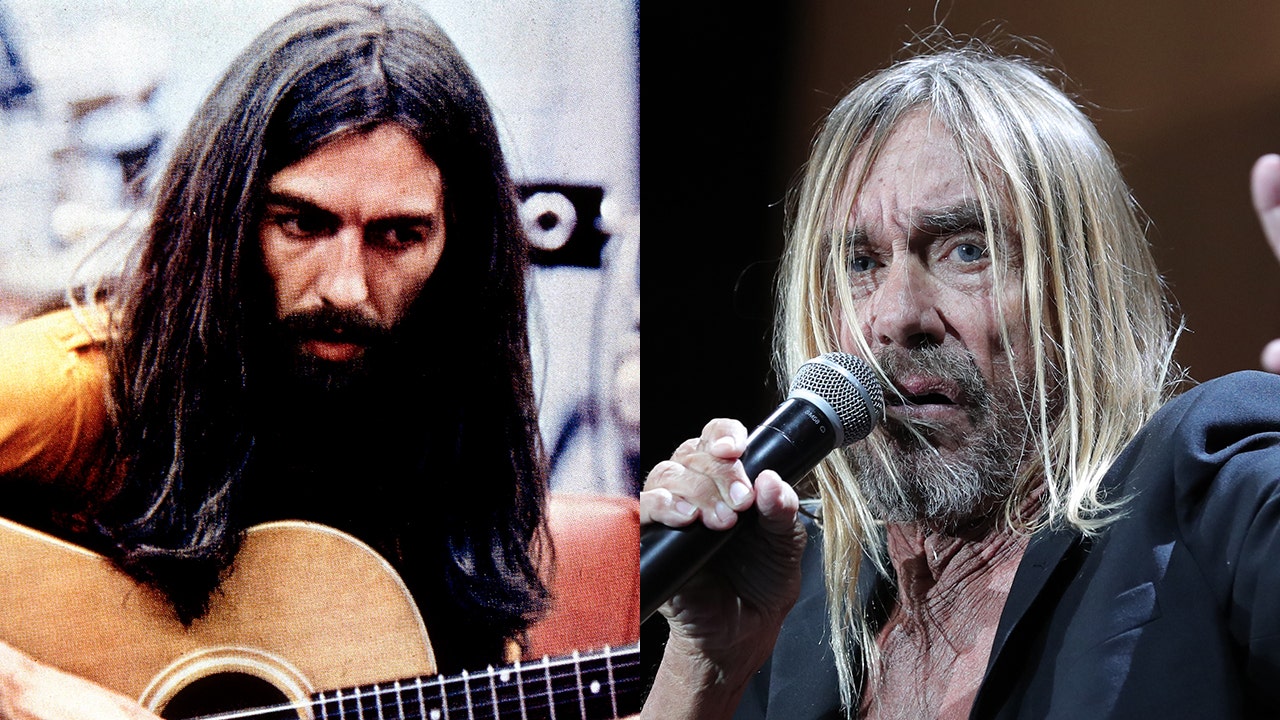[ad_1]
In addition to the sorrow for the lives lost, two troubling thoughts immediately came to mind. First, was this another instance of anti-Asian violence? And then, the elephant in the room, the question that almost didn’t need to be asked: If it was a deliberate effort to kill Asians, does former President Donald Trump, who has spent more than a year referring to the coronavirus by using Asian slurs, bear any responsibility for helping set the stage for the rising tide of anti-Asian American violence?
Politicians didn’t invent prejudice, but they are exploiting it for political gain, and destroying lives in the process.
The Trump playbook has been photocopied and reenacted across a party now remade in his image. Xenophobia has become one of the preferred political tools of countless figures on the right.
But stoking racism and fear of immigrants has become one of the go-to tools of the Trumpist Republican Party.
The matter is complicated. It affects millions of lives. It deserves serious discussion, not political exploitation. But that’s too much to ask these days.
The United States is not the only country where xenophobia pays dividends for politicians. It is painful to see it manipulated for gain anywhere on Earth. But it is particularly disheartening to see it done in the US, where in addition to destroying lives, it threatens to rip up one of the traits that made America great: its ability to attract people from different parts of the world and allow them to make a life for themselves and become part of the country.
Politicians exploiting differences for their benefit bear part of the blame for destroying lives, they are also guilty of lacerating the very country they claim to serve.
[ad_2]
Source link


